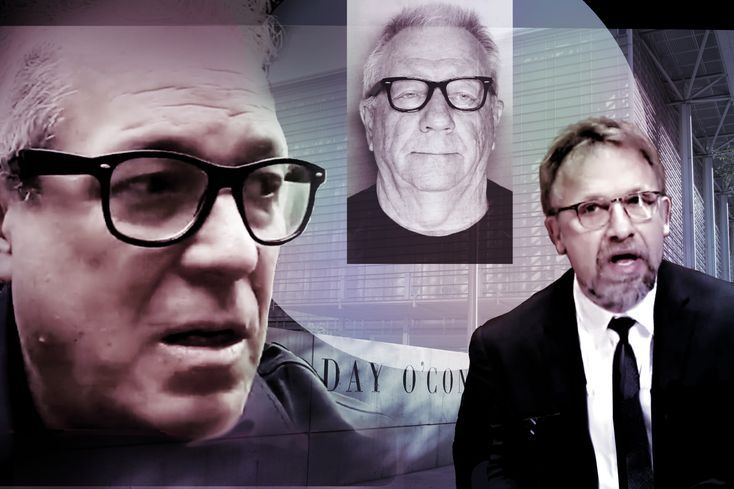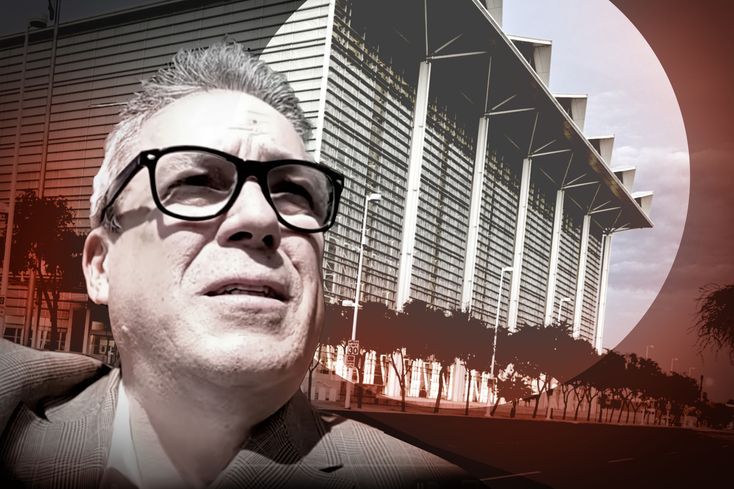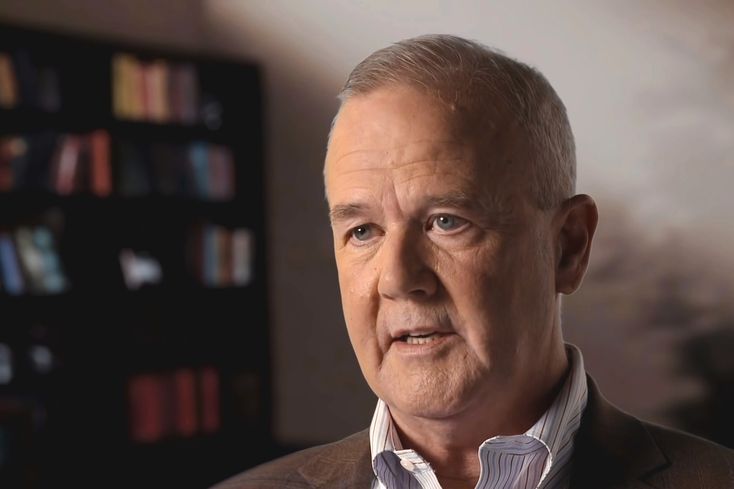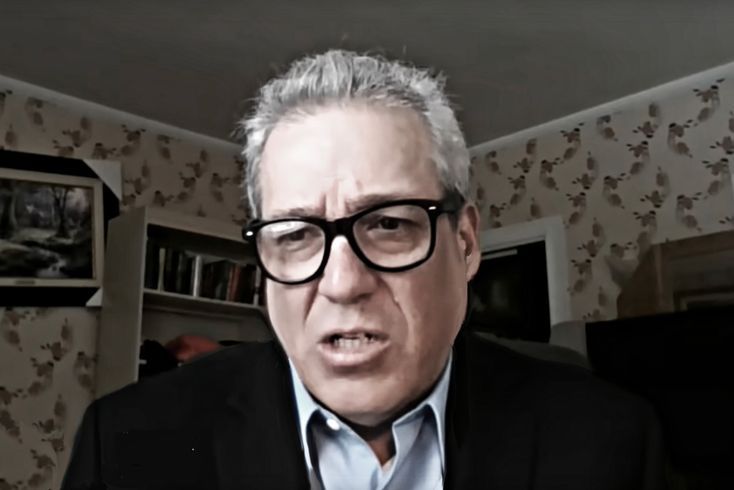Backpage Insider Testifies: “Those Were Prostitution Ads.”
With his blunt admissions, former Backpage CEO did the heavy lifting for the prosecution.

As the Backpage trial continues in Phoenix, former Backpage.com owner Michael Lacey and his four codefendants are discovering that they can’t run, and they are running out of places to hide.
Throughout the seamy history of Backpage, called a “hub” of human trafficking, “especially the trafficking of minors” by the National Association of Attorneys General in 2011, its owners have claimed protections of the First Amendment to the Constitution and Section 230 of the Communications Decency Act of 1996 (CDA) to escape legal responsibility for their actions.
Backpage.com, launched in 2004, was the leading online venue for the publication of ads for prostitution by the time it was shut down by the federal government in 2018. During its lifespan, the site brought in over $500 million in prostitution-related revenue for its owners.
Backpage’s owners have so far used the defense that their website is protected by the First Amendment and the Communications Decency Act. At issue is their claim that they only provided the platform, not the content, of the sex ads and were therefore not legally culpable, and whether they knew the ads facilitated prostitution.
The defendants, facing 100 counts of money laundering, facilitation of prostitution and conspiracy which could put them in prison for life, are being tried before U.S. District Judge Diane Humetewa, and she’s drawn the line in the sand for both the defense and the prosecution:
“All speech is presumptively protected by the First Amendment to the United States Constitution. However, the First Amendment does not protect speech relating to illegal activity. Prostitution is illegal in 49 states and most of Nevada. Therefore, the First Amendment does not protect advertisements or solicitations for prostitution.
“It is the government’s burden to establish that each of the ads alleged in this case is an ad for prostitution and not for another purpose, such as an ad for escort, dating or massage service.”
Early on, Backpage drew fire from religions, media, human rights and anti-trafficking groups for publishing blatant ads from pimps peddling sex for cash with underage girls and boys. Tony Ortega, then editor of The Village Voice, operating under the same Village Voice Media ownership as Backpage, targeted critics of the site: “The First Amendment was shouted down in the name of children….Having run off Craigslist, reformers, the devout, and the government-funded have turned their guns upon Village Voice Media.”
Ortega’s anti-Scientology mania became all-consuming when the Church helped galvanize opposition to Backpage.com, thus threatening Ortega’s salary, funded by Backpage profits along with the rest of Village Voice Media. When Ortega’s sustained rancor directed at Scientology drew too much unwanted attention to Backpage, Lacey and Larkin fired him in 2012.
In the current trial in Phoenix, Carl Ferrer, former CEO of Backpage.com who pled guilty in 2018 to state and federal charges, told the jury on September 12: “They were prostitution ads. We wanted customers that would respond to prostitutes. The Johns,” Associated Press reported.
Andrew Stone, assistant U.S. attorney in Phoenix, told the jury, “And folks, prostitution is illegal.”
In 2017, the U.S. Senate Permanent Subcommittee on Investigations released a report, “Backpage.com’s Knowing Facilitation of Online Sex Trafficking,” calling Backpage “the leading online marketplace for commercial sex.”
The report states, “Backpage does not deny that its site is used for criminal activity, including the sale of children for sex….Backpage knows that it facilitates prostitution and child sex trafficking.”
Prosecutors in the Backpage.com trial have renewed their calls to block references to the First Amendment as a legal argument in front of the jury. Judge Humetewa had ruled on a pretrial motion in July 2023 that defense attorneys may not “assert that their facilitation of unlawful business practices, i.e., publishing ads for prostitution, is activity that is protected by the First Amendment. It plainly is not….”
Before trial, prosecutors had also moved to prohibit defense attorneys from referring to Section 230 of the Communications Decency Act which courts have construed to provide “immunity from civil claims for websites that publish content created by third parties.”
Judge Humetewa ruled in favor of the prosecution on the motion, finding that “[t]his case…does not concern civil liability, and the CDA has ‘no effect’ on ‘any other Federal criminal statute.’” The Communications Decency Act does not immunize criminal activity, such as facilitating prostitution, and telling the jury it does would be a misstatement of the law, Judge Humetewa ruled.
The trial pivots on the evidence that Backpage.com’s owners and employees were well aware that their ads were facilitating prostitution, including the trafficking of underage victims, while the company was making millions from advertising prostitution. Carl Ferrer’s testimony against his former boss and employees does the heavy lifting in helping the government carry the burden of proof against the defendants.


